 Traditional Japanese Colors
Traditional Japanese Colors
About Japan’s Traditional Color, Walnut Color (胡桃色, くるみいろ) – History, Origin, and Color Codes
 Traditional Japanese Colors
Traditional Japanese Colors  Traditional Japanese Colors
Traditional Japanese Colors  Japanese Traditional Crafts
Japanese Traditional Crafts  Japanese Kanji
Japanese Kanji  Japanese Kanji
Japanese Kanji  Japanese Kanji
Japanese Kanji  Japanese Kanji
Japanese Kanji  Japanese Kanji
Japanese Kanji  Japanese Kanji
Japanese Kanji  Japanese Kanji
Japanese Kanji  Japanese Kanji
Japanese Kanji  Japanese Kanji
Japanese Kanji  Japanese Kanji
Japanese Kanji  Japanese Kanji
Japanese Kanji  Japanese Kanji
Japanese Kanji  Japanese Kanji
Japanese Kanji  Japanese Kanji
Japanese Kanji  Japanese Kanji
Japanese Kanji 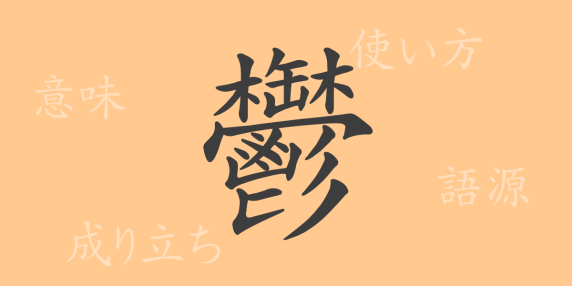 Japanese Kanji
Japanese Kanji 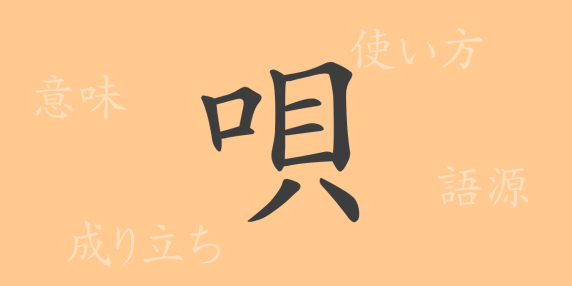 Japanese Kanji
Japanese Kanji 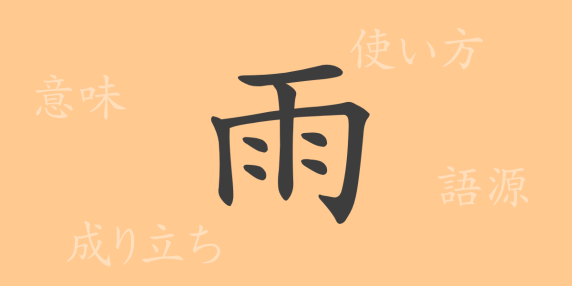 Japanese Kanji
Japanese Kanji 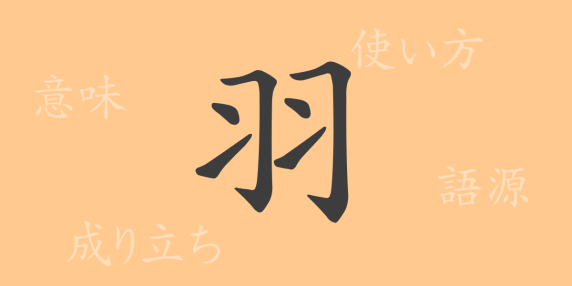 Japanese Kanji
Japanese Kanji 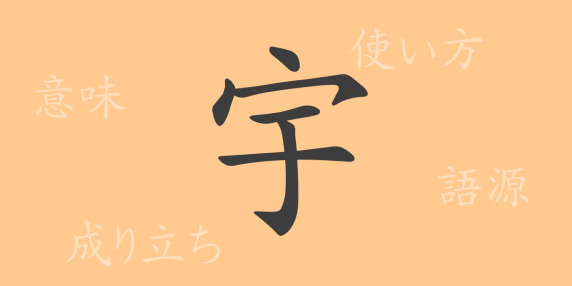 Japanese Kanji
Japanese Kanji 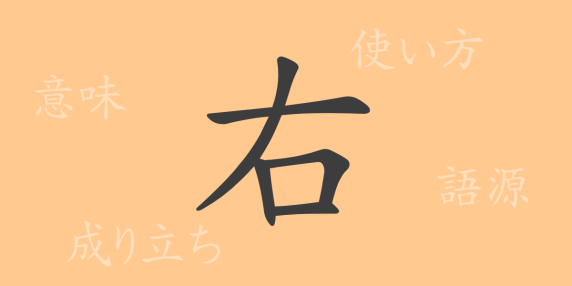 Japanese Kanji
Japanese Kanji 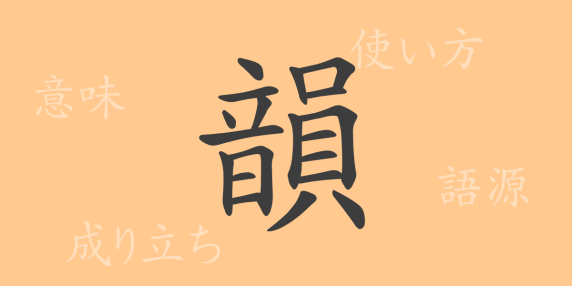 Japanese Kanji
Japanese Kanji 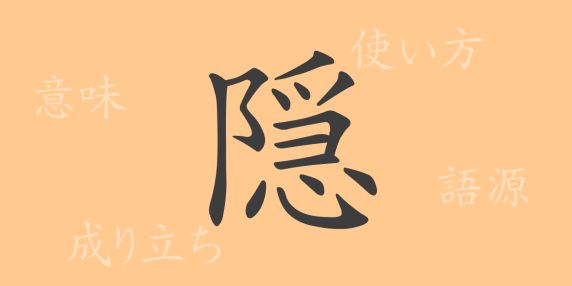 Japanese Kanji
Japanese Kanji 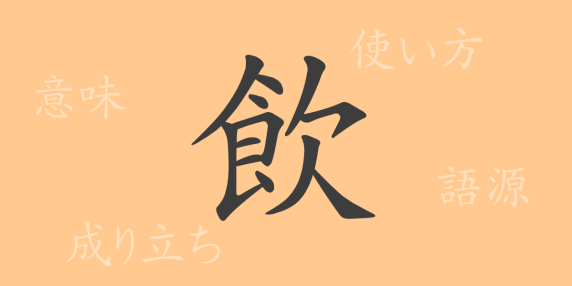 Japanese Kanji
Japanese Kanji 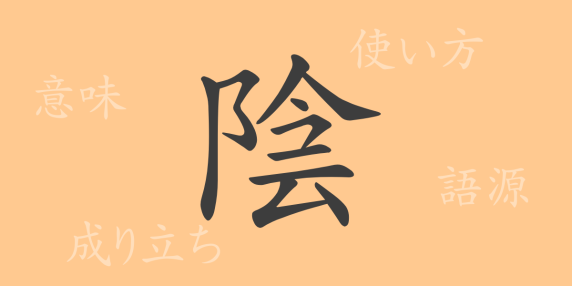 Japanese Kanji
Japanese Kanji